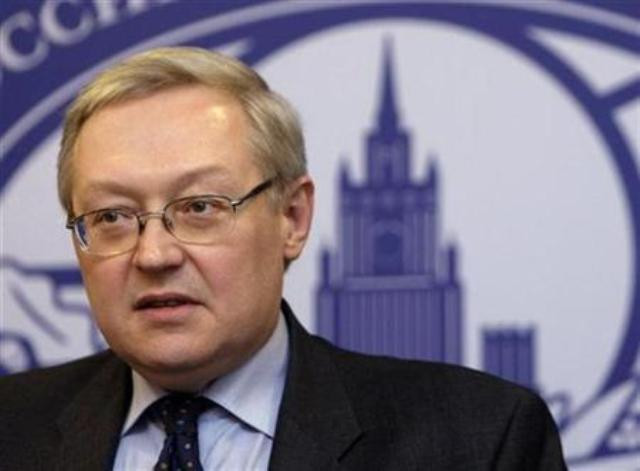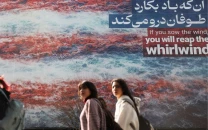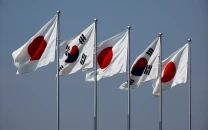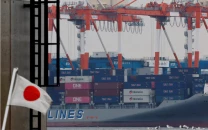No date, place yet for Iran nuclear talks: Russia
Deputy Foreign Minister Sergei Ryabkov says the date and the place of the meeting have not been definitively set.

"The date and the place of the meeting have not been definitively set," Sergei Ryabkov, deputy foreign minister, told the Interfax news agency.
"The meeting could take place on April 13 or 14 or in the following days," he said, adding that the talks should take place as soon as possible.
"The situation is very complicated and could get worse. We can't wait any more. These negotiations are extremely important," he was quoted as saying.
Ryabkov was reacting to a statement by US Secretary of State Hillary Clinton on Saturday that talks between Iran and the so-called P5+1 group -- the five permanent UN Security Council members plus Germany -- would take place on April 13 and 14 in Istanbul.
US State Department spokeswoman Victoria Nuland, asked whether Clinton had made the announcement prematurely, said that the P5+1 group had agreed on the time and place and that the onus was on Iran to accept the plan.
"It's simply been interesting to us that we are getting different signals out of Iran as to whether all of this is locked down," Nuland told reporters in Washington.
"But we are ready if they are ready at that date and venue," she said.
Yet EU officials in Brussels said that, despite Clinton's affirmation, Istanbul had not yet been fully confirmed as the venue.
"The talks are scheduled to start late on the 13th and will be held primarily on the 14th," one EU diplomat told AFP on condition of anonymity.
They will "very likely" take place in Istanbul, but all parties had not yet reached complete agreement, the diplomat said.
The Russian deputy minister also lashed out at Israel, Iran's arch-foe, which has brought up the possibility of a military strike against Iran's nuclear facilities if diplomacy failed.
"Unfortunately there are hotheads, notably in Israel, who no longer believe in the possibility of getting to an agreement with Iran in the framework ... (of the talks) and talk about the possibility of resorting to force," Ryabkov said.
"This is unacceptable and it must stop. It is impossible to get concessions from Iran with threats or sanctions," he said.
The last round of talks between Iran and the P5+1 group was held in Istanbul in January 2011 and ended in failure. Geneva hosted the round before that in late 2010.
The West and Israel, the sole if undeclared nuclear power in the Middle East, suspects Iran of trying to built atomic weapons under the guise of a civilian nuclear programme, a charge Tehran denies.


















COMMENTS
Comments are moderated and generally will be posted if they are on-topic and not abusive.
For more information, please see our Comments FAQ